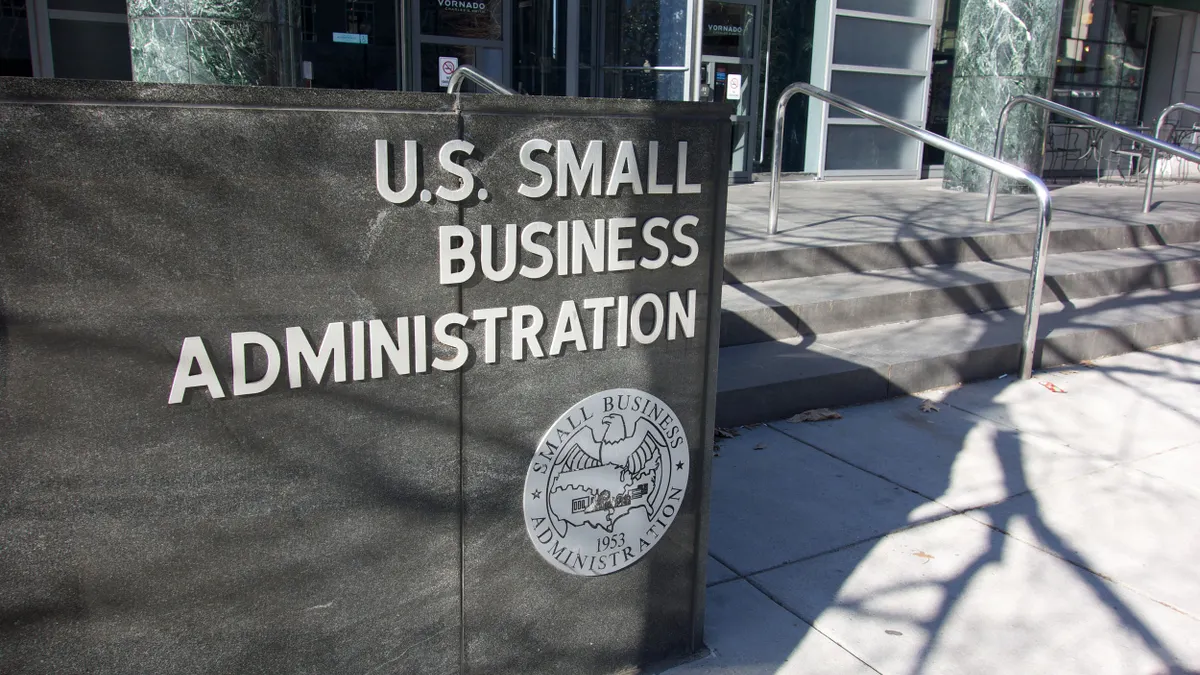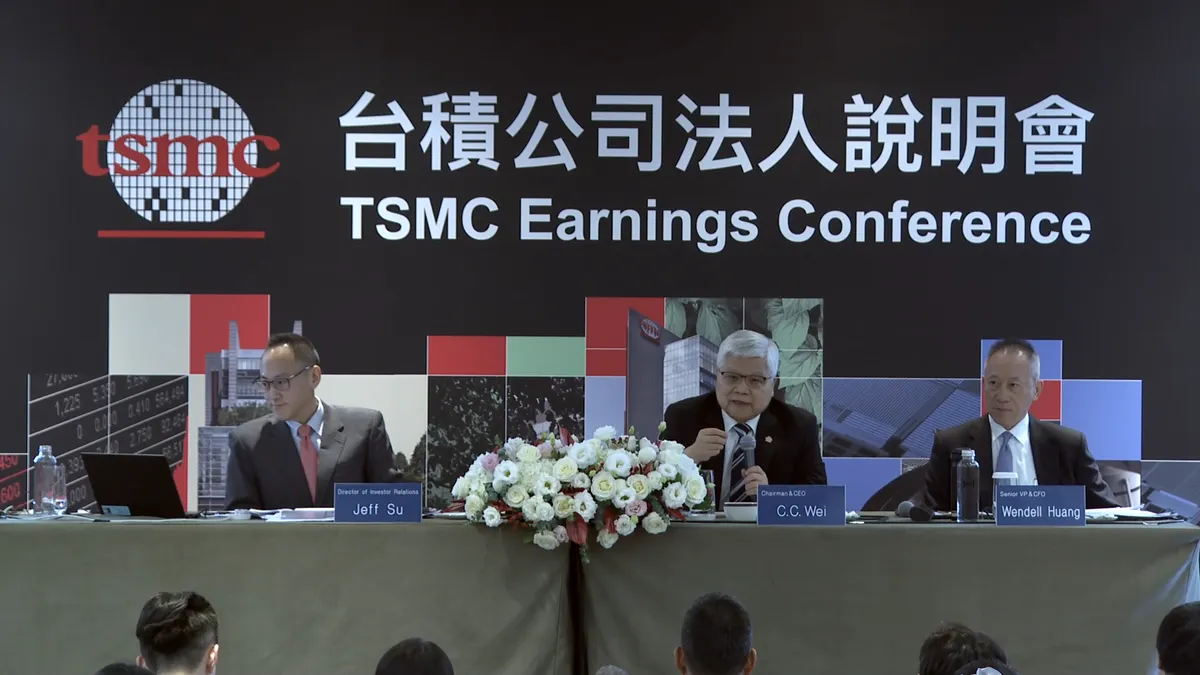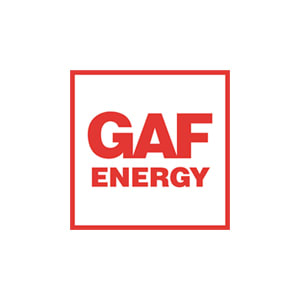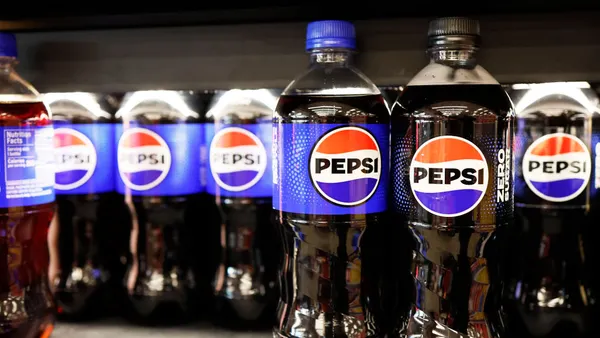UPDATE: July 30, 2025: The Minnesota Pollution Control Agency announced earlier this month it has extended the PFAS reporting deadline up from Jan. 1, 2026 to July 1, 2026.
The six-month extension will give manufacturers more time to establish agreements with suppliers to comply with the state’s rule to submit one report containing other product makers’ information within the supply chain. It will also allow manufacturers more time to familiarize themselves with the new reporting platform that will be available later this fall, including tools to simplify reporting, according to the MPCA website.
The change comes as manufacturers and trade groups such as the American Chemistry Council and the Association of Equipment Manufacturers voiced their concerns that the Jan. 1 deadline was not enough time to gather the required information for their processes and their supply chains.
May 30: The Minnesota Pollution Control Agency held a hearing May 22 to outline further details of the state’s proposed rules that will require manufacturers to report their usage of PFAS to the state by year’s end.
The rules are the second phase of Amara’s Law, Minnesota’s legislation aiming to ban products intentionally made with “forever chemicals” by 2032. The law’s first phase went into effect in January, prohibiting the sale or distribution of products in 11 categories containing intentionally added PFAS.
The legislation was named after state resident Amara Strande, a staunch advocate for banning the fluorochemicals who died in 2023 due to a rare cancer she attributed to PFAS exposure.
Manufacturers have until Jan. 1, 2026, to submit their reports. With the deadline approaching, however, companies and trade groups have said they need more time to comply with the requirements.
What manufacturers need to report to the state
Under state law, manufacturers or their corresponding supply chains that make, import, distribute or sell products intentionally made with PFAS must report their usage to the Minnesota Pollution Control Agency by Jan. 1, 2026.
The proposed rule goes into further details, requiring manufacturers to submit a report for every product or component containing intentionally added PFAS. The report must include:
- A brief product description, such as brand name, model or any other distinguished characteristic as well as a numeric product code, such as a UPC or SKU
- The purpose or function of PFAS in the product or its components
- The amount of each PFAS in the product in parts per million, along with the substance’s chemical identification number
- Manufacturer’s name, address, contact details and industry classification system code
A manufacturer can also submit one report containing other manufacturers' information within their supply chain. However, each member in the supply chain group must still fulfill the reporting requirements.
The initial reports come with a $1,000 fee per manufacturer, according to the proposed rules.
After the initial report, manufacturers will then have to submit yearly reports starting Feb. 1, 2027. The reports are for re-certification or any updates, such as changes to a product or component, new information or a new product in the state.
Failure to submit the initial report or yearly updates will result in penalties of up to $25,000, according to the proposed rule.
Manufacturers may request a waiver if a product’s PFAS-usage information is already made available to the public. Finally, manufacturers may be eligible for a reporting exemption if they have already submitted a report to the state’s Agriculture Department or a U.S. federal agency
Companies, trade groups urge extension deadline
Manufacturers can request a 90-day deadline extension, according to the proposed rules. Companies must provide documentation and justification for the extension request, such as logistics issues and testing delays, as well as a plan for how they will fulfill the remaining reporting requirements.
Still, manufacturers and trade groups say they need more time. Stacy Tatman, executive director of the Complex Products Manufacturers Coalition, said during the May 22 hearing that the trade group is asking the state to extend the deadline for two years and increase extensions to 180 days.
While the Minnesota Pollution Control Agency cannot change the legislative statute itself, it does have the authority to grant extensions.
“Due to the complexities of multitiered international supply chains and related issues, manufacturers of complex products face compliance burdens beyond those of most of the regulated community,” Tatman said. “Complex products manufacturers are downstream users who don't typically have the type of information chemical producers have and that which is required for reporting.”
Other trade groups also voiced their concerns over the looming deadline
Hayley Davis, manager of state government affairs at the Air Conditioning, Heating and Refrigeration Institute, said during the hearing that the deadline “is not a feasible deadline for the intensity of the reporting rule program.”
Jason Malcore, representing the Association of Equipment Manufacturers, said in his comments that he agreed with Davis and others that the deadline was not realistic.
“Our industry, like many others, is extremely complex articles made of hundreds of thousands of different components from tens of thousands of different suppliers around the world,” Malcore said. “Collecting this data from this supply chain is very difficult and time-intensive and it cannot be done in short periods of time.”
The state has extended the post-hearing comment period until June 23.






















